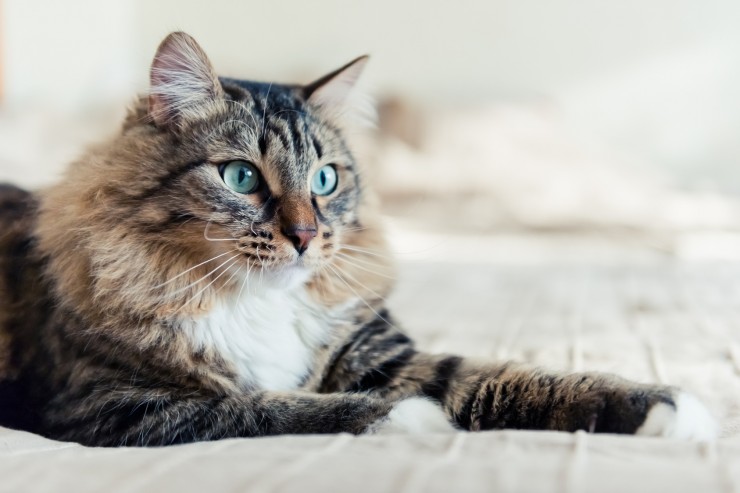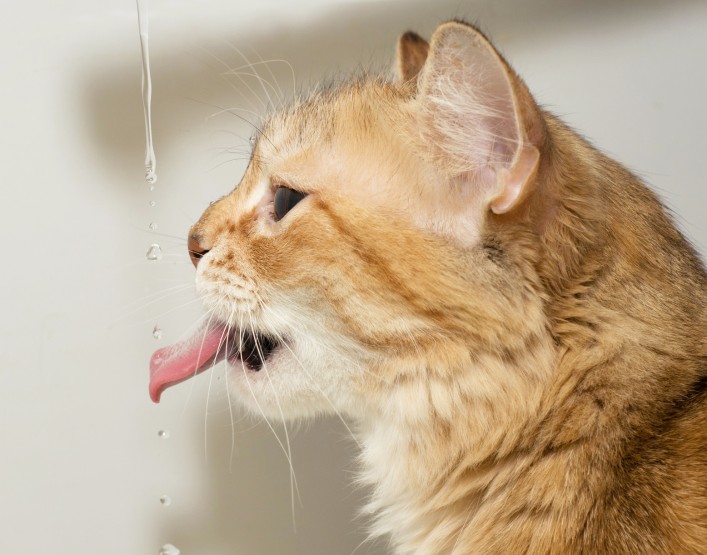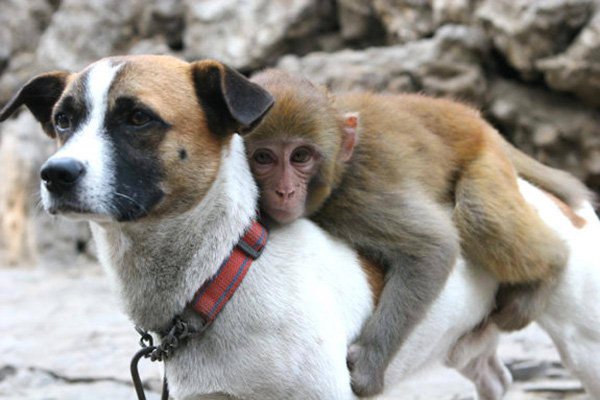

Cats mark their territory for all sorts of reasons, but they also leave their mark on the people they love as a way of showing their affection. Our feline friends are extremely good “communicators” whether it's with body language, voice or by scent marking things that mean something to them. Marking a territory is very important to cats, it establishes their boundaries and lets other animals and cats know who rules the area they've marked out.
However, cats mark a territory in many different ways and each “marker” sends a very clear message to the animals that come across it. The pheromones are secreted through specific glands found in various parts of their bodies which are as follows:
There are lots of ways in which a cat will mark a chosen spot around their territory or in their environment which are explained below:
Kneading - Kittens start marking as soon as they’re born and although they may not be able to hear or see anything, these little bundles have an incredible sense of smell. They are also very sensitive to their mother's purring which sends out a soothing vibration that kittens find very comforting. As they feed, kittens knead their mother's stomach which is their way of marking an area and they use glands found on their paw pads to do this. It helps guide them back to “their” place the next time they need to feed which is typically on the same nipple they previously nursed on which is very important because if there are a lot of kittens in a litter, the competition can be pretty stiff when it comes to feeding time.
Head-bunts and Cheek-rubs - Anyone who shares a home with a feline companion knows how nice it is when their pet wants to head-bunt them. Cheek-rubs from a cat are delightful too because it shows just how much they trust and love you. Cats do this to dogs and other cats marking them with scent glands that are strategically placed on their faces and heads. It lets the world know about their relationship with the people and other animals they have rubbed against.
When a cat arrives in a new and unfamiliar environment, they will rub against lots of things leaving behind their pheromones, it helps them settle in. However, they would not head-bunt just anything because their reserve this particular way of marking for the two legged-friends they love and other animals that share their environment.
Scratching - Cats just love stretching and scratching their claws on things whether it's outside in the garden or inside the home. Cats scratch for various reasons some of which are quite complex. They leave their scent behind, but they also leave a visual warning too which can be found on chosen fence posts, a plank or beam in a garden or another area your feline friend chooses to leave a message as a sign to other animals and visiting cats.
Inside the house, it can become a bit of a problem when a cat decides that an expensive sofa or chair makes for the perfect place to scratch and leave a mark, which is why it's important to offer them an alternative by investing in good quality scratching posts some of which have particularly nice interactive designs.
Middening - Cats that spend a lot of time in the great outdoors are more likely to leave their faeces exposed choosing not to cover them up and this serves a specific purpose which is to let other cats and animals know they about to cross the line onto your cat's territory. Middening is another way that cats mark things which they do by spraying a chosen area or by leaving their “business” uncovered. Indoor cats are less likely to do this although occasionally they might!
With this said, if an indoor cat does their “business” other than in their litter boxes, it could be they are developing a health disorder or maybe because their trays are not as clean as they need to be for them to want to use. If in doubt, a quick trip to the vet would be in order to make sure your cat is not sick, but just middening as a way of marking a territory.
Spraying - When cats decide to spray, it can be really unpleasant especially if they do it around the house because the smell can be really overwhelming. However, for cats urine carries lots of information about them including whether they are strong, weak, in season or unwell. Pheromones found in a male's urine lets the rest of the cat world know how fertile he is and with females, it lets males know whether she is ready to mate or not.
Even neutered cats will spray but males that are not neutered will do so all of the time and the odour can be particularly offensive to humans even if it is attractive to other cats. Insecure cats will often start marking which is particularly true when something changes in their environment like a new cat appearing on the scene. Females spray too and they do so by spraying a tiny amount of urine on an object and the smell is pretty pungent, much more so than usual because of the chemicals found in it. Spaying a female cat does help reduce the chances of them spraying around a home and the same can be said of neutering male cats, but some still do it even after they've been “done”.
Cats like marking their territories and leaving their scent on the people they love. Our feline friends also like to rub up against things to establish their ownership and there’s nothing nicer than being greeted by your pet with a head bunt when you arrive back home from work. Marking their environment helps cats feel settled and more secure. It lets other cats and animals know all sorts of things about a resident cat and helps prevent fights which may end up with one or both cats getting injured.
 Dogs And Gardens - It Doesn’t Have To Be Difficult!
Dogs And Gardens
Dogs And Gardens - It Doesn’t Have To Be Difficult!
Dogs And Gardens
 Making Sure Older Cats Drink Enough Water To Support Kidney Function
Making Sure Older
Making Sure Older Cats Drink Enough Water To Support Kidney Function
Making Sure Older
 How To Keep Your Guinea Pig Healthy And Fit
How To Keep Your
How To Keep Your Guinea Pig Healthy And Fit
How To Keep Your
 The importance of pet care at home
The importance of pet care at home
Theres no d
The importance of pet care at home
The importance of pet care at home
Theres no d
 7 Highly Unusual Dog Breeds With Unique Traits
7 Highly Unusual
7 Highly Unusual Dog Breeds With Unique Traits
7 Highly Unusual
Copyright © 2005-2016 Pet Information All Rights Reserved
Contact us: www162date@outlook.com